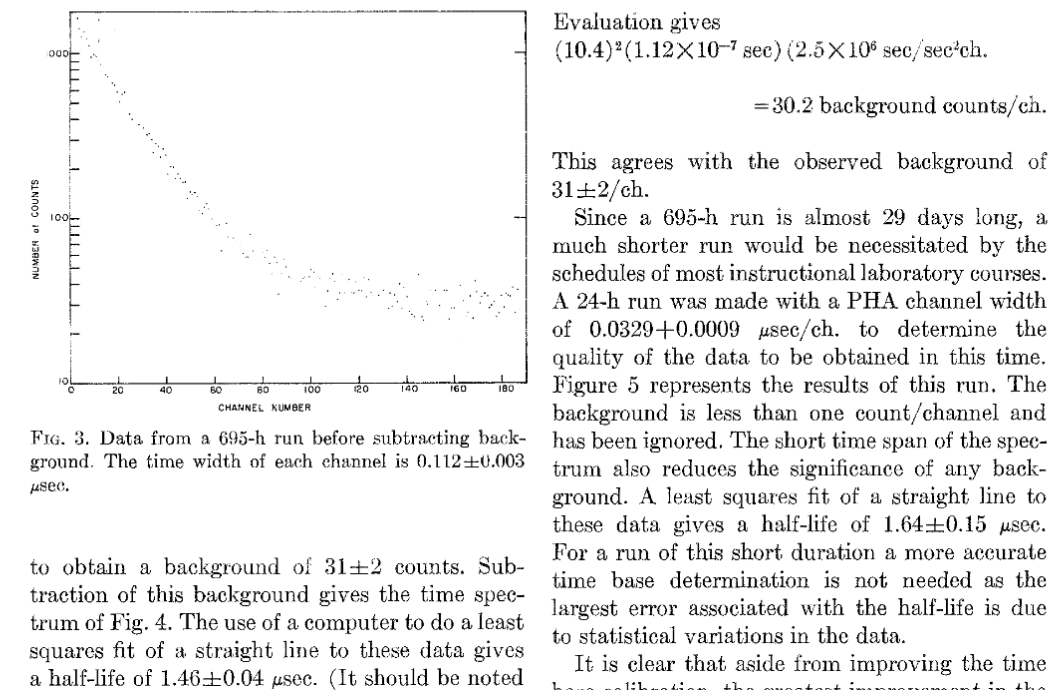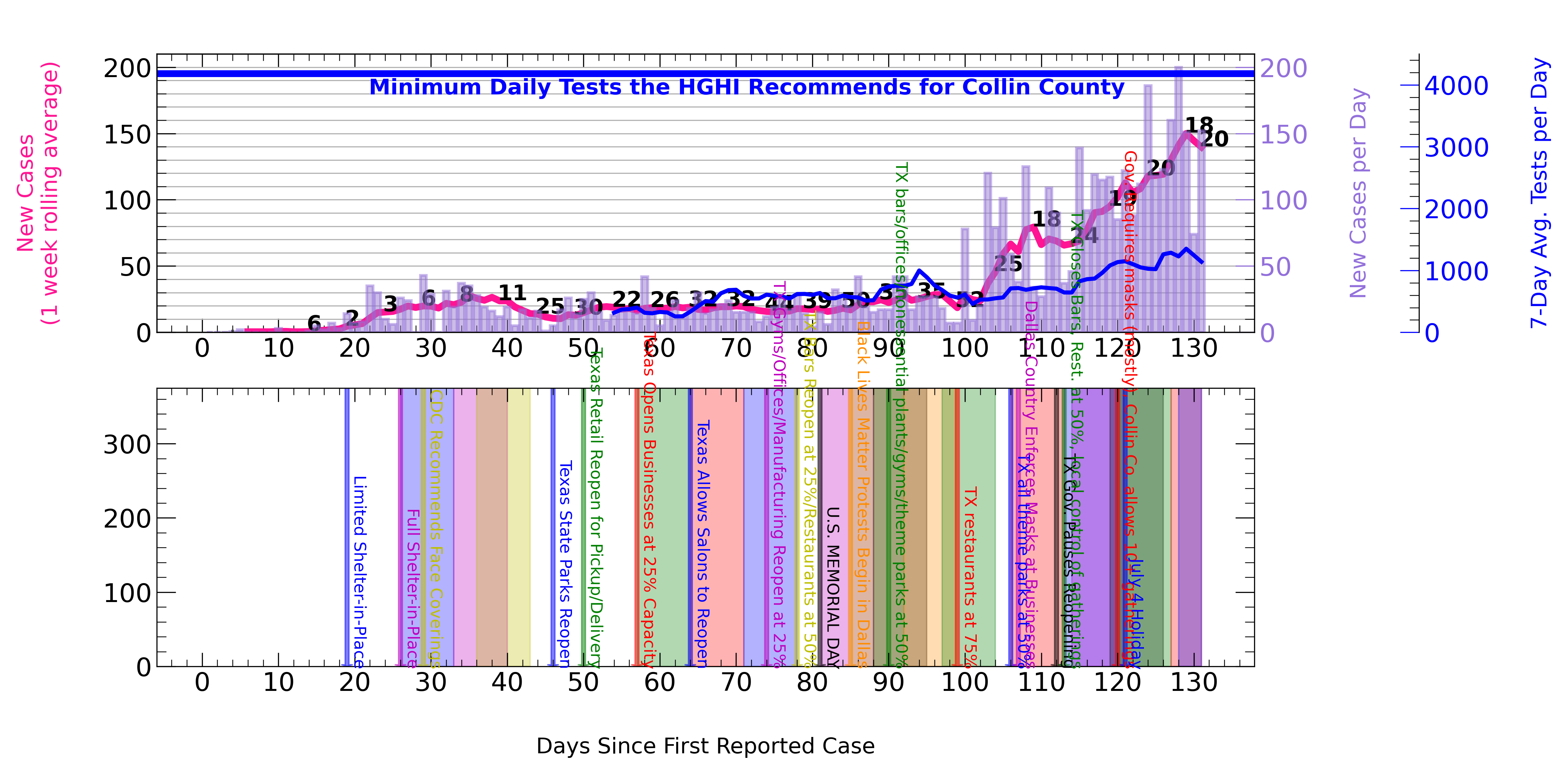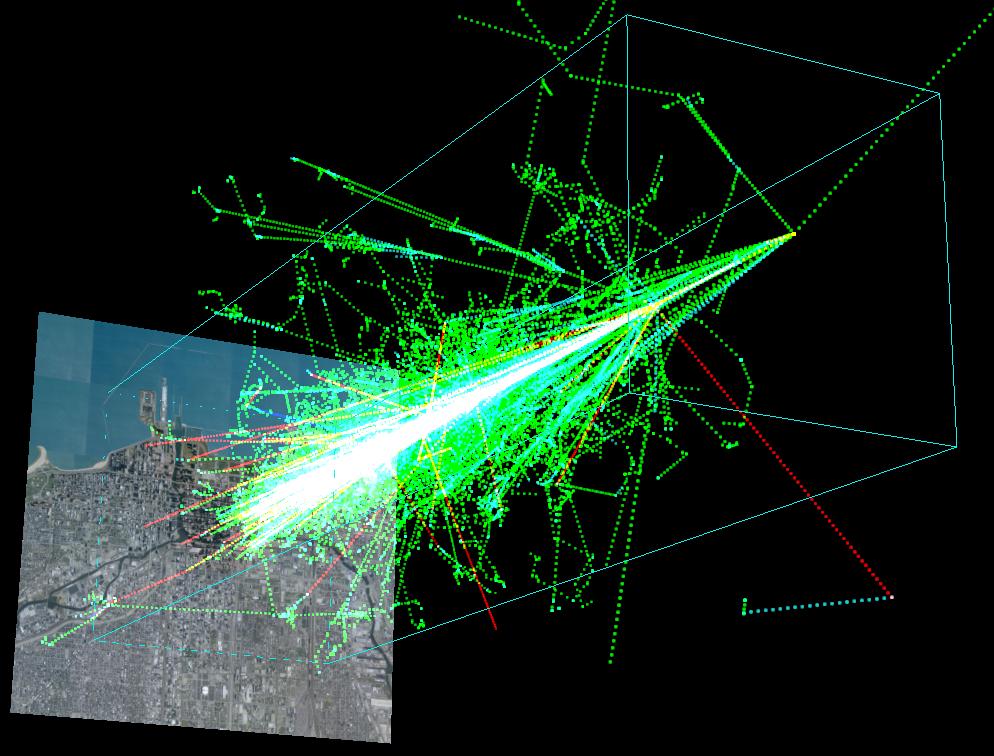The American Society of Agronomy, Crop Science Society of America, and Soil Science Society of America, “have issued a joint statement on the teaching of evolution in the science classroom”:American Society of Agronomy, Crop Science Society of America, and Soil Science Society of America (*on Wisconsin!*). It’s nice to see all branches and disciplines in science standing up to put on notice those who would erode this nation’s education system. In particular, these scientists whose work is so close to the earth, so important to the sustainable agrarian base in this nation, deserve a listen.
I here quote my favorite parts of this statement.
The fundamental tenet of evolution – descent with modification – is accepted by the vast majority of
biologists. The current debates within the research community deal with the patterns and processes of
evolution, not whether the evolutionary principles presented by Darwin in 1859 hold true. These debates are
similar to those surrounding the relativistic nature of gravitational waves. No one doubts the existence of
gravity just because we are still learning how it works; evolution is on an equally strong footing.
The discussion of life’s spirituality is most appropriate for philosophy or religion classes. It is a mistake to
conclude that reluctance to incorporate spiritual questions in science classes runs counter to the cherished
principle that vigorous challenge is vital to the scientific method.
In all scientific fields, including evolutionary biology, challenge has always been essential and welcomed.
Scientific challenge succeeds if it is methodical and findings are verified to the satisfaction of the scientific
community. This has not happened with creationism either with or without its new label “intelligent design.”
President Bush, by suggesting that we use intelligent design as a scientific counterpoint to the teaching of
evolutionary biology, is unwittingly undermining the scientific method at its core. This is most unfortunate in an
era when U.S. students are already lagging behind their international peers in science education.




